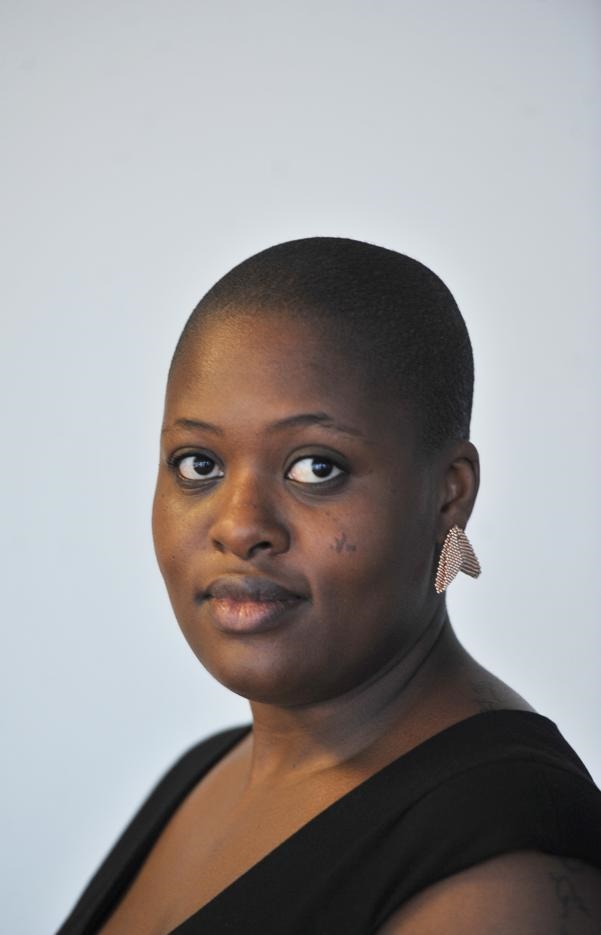
It’s hard not to feel grateful for the elections right now, because it means the normal Women’s Day rhetoric has been delayed or drowned out.
Although Women’s Day came about after women considered their socioeconomic condition and decided that it was untenable, it has become an exercise in talking about women without talking about the deeply problematic socioeconomic condition they live in.
Every year, seemingly good-intentioned campaigns and initiatives do harm by playing into stereotypes and myths, rather than challenging the status quo as the women of 1956 did.
The recent CEO Sleepout was a golden opportunity to have a conversation about allyship – the role or status of being an ally – and what being a useful ally means and looks like, and how often (even with our best intentions) we can get it wrong and contribute to problematic narratives, or make it about ourselves, rather than the people we are trying to be allies to.
Allyship – as contested and fraught with difficulty as it is – is perhaps the thing most lacking during Women’s Month, and it’s obvious in what we choose to focus on.
What does it mean to call ourselves allies to women, when we do little to address the prevailing rape culture and gender-based violence that makes daily living a terrifying experience?
What does it mean when corporate South Africa claims to be an ally to women when it is part of the exploitation of women, especially poor black women, by devaluing their work and underpaying them, and stunting the development of women?
What does it mean when initiatives continue to perpetuate the idea that violence against women happens in “dark, dingy” places, when women are being raped and assaulted in their homes, their gyms, their churches, on university campuses, in ordinary settings every day?
What does our allyship mean if it continues to be centred around heterosexuality and motherhood, ignoring the serious issues facing trans and queer women (who were also ignored when they tried to raise these issues in the various student movements), and prostitutes?
The continued failure to make Women’s Day about real substantive politics, particularly around an ultimate end to patriarchy and inequality, speaks to the continued failure of allyship towards women in this country.
If we are going to claim to be on the side of women, Women’s Month must demand the kind of allyship that extends far beyond spa vouchers, pink mailers and high teas, and only focuses on women who the status quo likes or approves of.
Follow me on Twitter @GugsM




 Publications
Publications
 Partners
Partners








